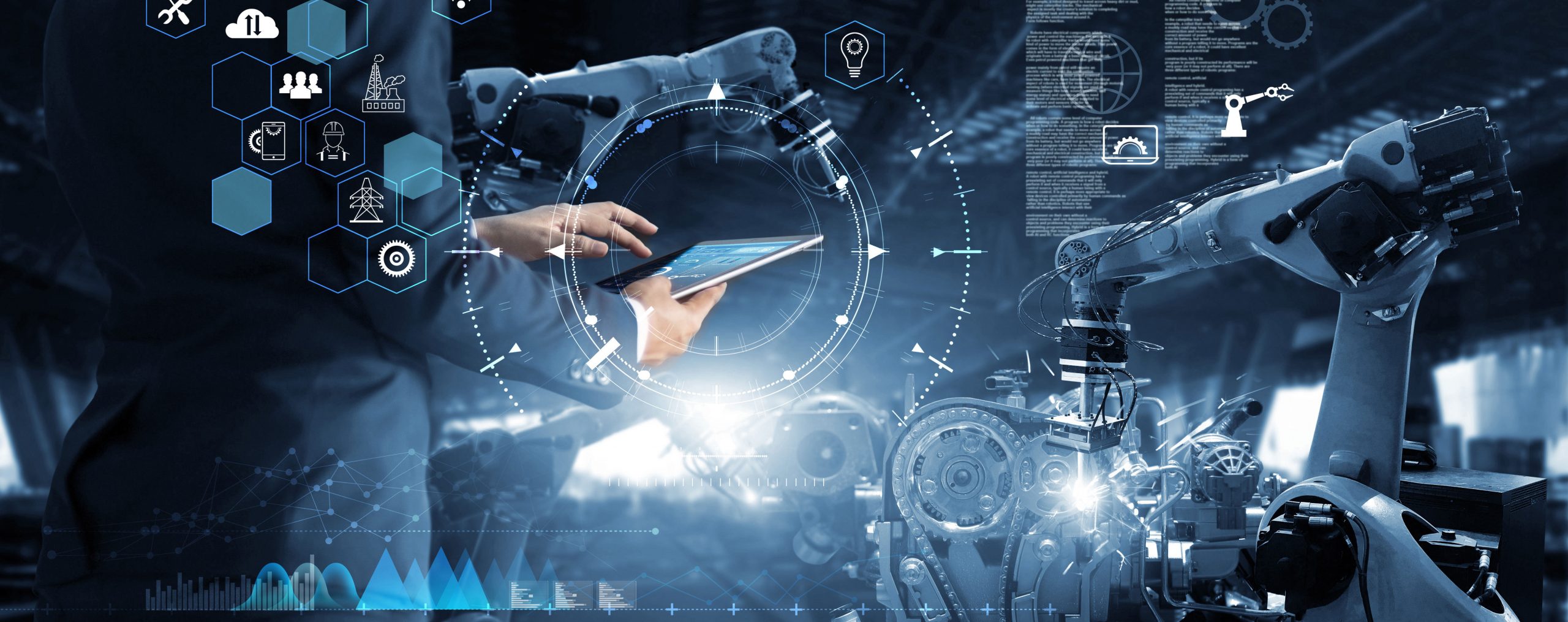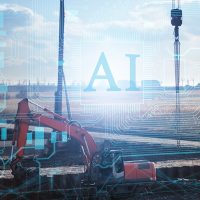
When following the news about the emerging Artificial Intelligence technologies, one contemplates the future possibilities of human workforce development. What will be the role of humans in an AI-filled marketplace? Will people sip cocktails on the beach while machines do most of the work? The right answer can be more rational: a hybrid workforce. Today, human-AI cooperation involves employees, AI software and virtual assistants in their work. In the future, we can expect that AI would handle more mundane tasks, while people will concentrate on parts that require more creativity and critical thinking.
- Automate laborious tasks
AI technologies have changed the digital industry by enabling automation. As a result, various time-consuming tasks nowadays take only a few minutes to complete. For example, software developers have benefited from AI, particularly from AI APIS. An application programming interface is a type of software that can create connections between computer programs. APIs can save much time for software developers, as they would not need to develop a custom technology from zero. Instead, they need to find and use an already existing technology. In cases when AI technology is needed, AI APIs are also helpful for developers. AI APIs are APIs that can make a connection between AI technology and other software. An example can be an NSFW Images Classification API that can automate the task of a marketplace or e-commerce website developer by flagging all inappropriate content.
- Interact with customers and employees
- Extend our physical and cognitive capabilities
- Training the machines
- Intermediating
- Supporting proper use

SmartClick is a full-service software provider delivering artificial intelligence & machine learning solutions for businesses.


